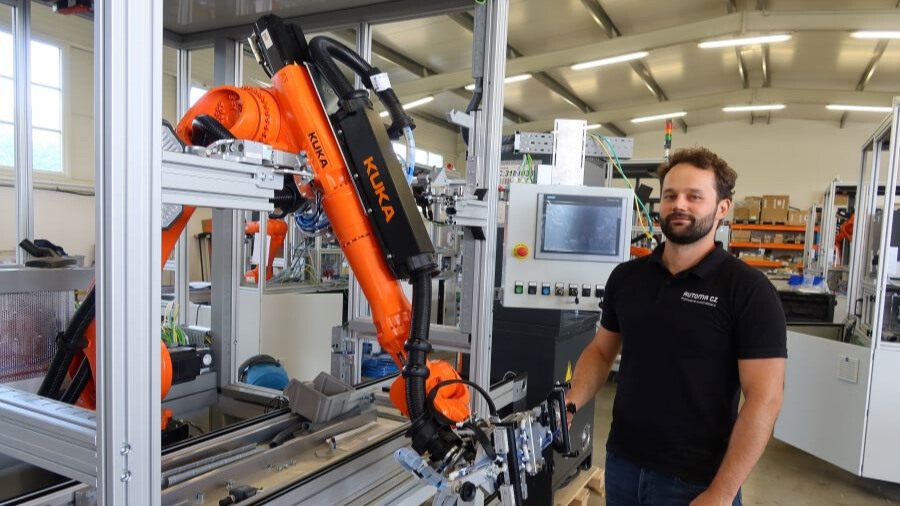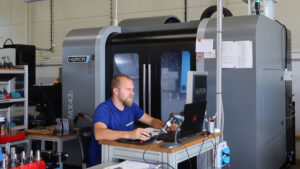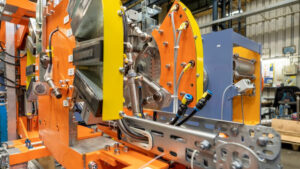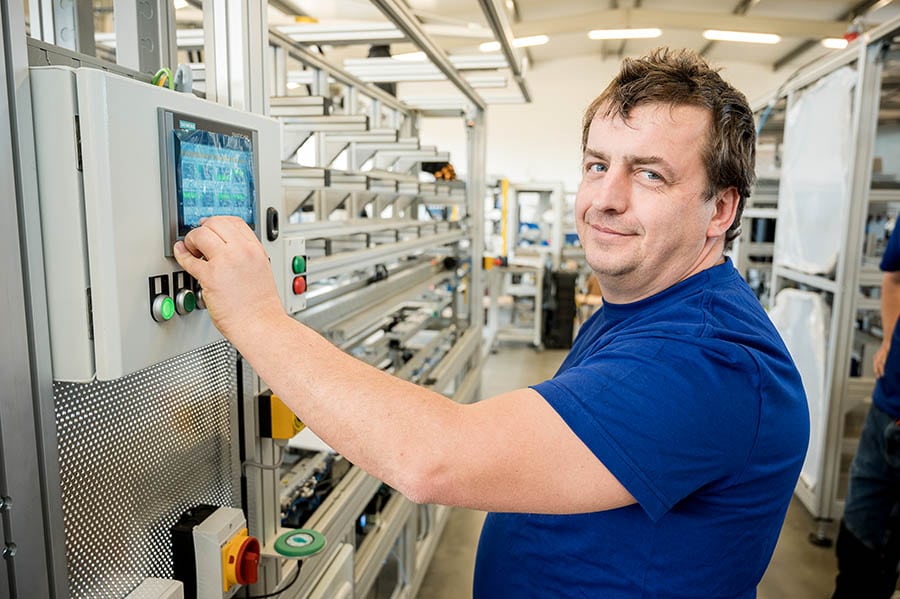Global competition is gaining momentum
So what has changed so significantly in recent years that companies need to consider changing their setup? First and foremost, the pandemic has forced many companies to think about the processes they have set up, whether in production, office processes, or customer communication. Restrictions on movement, and increased emphasis on worker safety and health were just the beginning. What followed was a world of chaos in material logistics. Not only did obtaining certain materials and components feel like winning a sporting event, but at the same time, the prices of raw materials and commodities skyrocketed. Add to this the restrictions on the movement of people on the European continent, which resulted in a significant shortage of workers across Europe, and we had the perfect start to a perfect storm. Yes, that was only the beginning. What followed was an inflationary spiral due to a number of external and internal factors and the subsequent threat of recession in major markets for Czech companies. Energy prices, which despite their downward trend are still significantly higher than before the start of the war in Ukraine, have forced many companies to seek immediate austerity and transformational measures.
To make matters worse, the European industrial region is fighting for its future place in the global market with the US and South East Asia. These regions benefit in particular from more favorable energy prices, lower labor costs (Asia), and national support programs for manufacturing companies (USA).
Resistance to all, without exception
For managers of companies in the Czech basin, the above events present challenges that often seem beyond their competence and influence on business. However, it is not possible to survive only in a reactive mode. We then face the threat of competitors becoming more agile in innovation, cost management, production, and contract sourcing.
That's why at Central European Automation Holding (CEAH) we are building competencies that will help our customers build a resilient company. Our focus and approach is confirmed by several data and studies. For example, according to the Boston Consulting Group (BCG), 44%* of respondents to a global survey of manufacturing companies said that resilience was among their top strategic priorities.
Resilience can be understood differently, and the approach has many layers. For us, flexible and transparent production, enabled primarily by industrial automation and data-driven operations, is particularly key.
Managing a company based on data from production, supply chains, trade, and other processes is a foundation that needs no debate. However, the path to successfully moving from even a well-managed organization and leveraging a range of modern manufacturing technologies and information systems to the level of a truly modern and resilient company is usually challenging. Many technologies, production and process support, often come from different vendors; they are different evolutionary generations, systems need to be updated, and sometimes modern versions of control systems need to be updated. An interesting phenomenon often occurs. While companies use various automation tools and elements, these are disconnected island solutions that end up creating information silos and complicating process management rather than moving it forward.
In the above context, Central European Automation Holding has been able to cover a number of areas with its solutions and services that uniquely support manufacturing companies on their journey toward greater resilience.
- So, what specific competencies of CEAH Holding are key to supporting customers on their journey to create a resilient company in terms of industrial automation and digitalization of intralogistics? Complete design and implementation of unattended production lines that reduce the need for operators to be physically present in production.
- Creating the concept of flexible production, where selected workplaces can be quickly equipped with automation, robots, or, on the contrary, supplemented by an operator.
- Application of virtual commissioning of assembly and robotic lines significantly reduces the time between design and commissioning.
- Equipping production machines with technologies for collecting and visualizing data on equipment, production, and maintenance status and operation.
- Design and implement a flexible, unattended intralogistics concept that allows for rapid configuration of transport means depending on the immediate production and internal logistics needs.
- Design and implement technologies enabling real-time data collection on material movement and transport equipment
- Programming and servicing of production technologies in remote access and operation mode.
- Upgrading current production technologies and systems to intelligent equipment providing data for efficient control, operation, and service (retrofitting).
- Comprehensive consultancy for the strategic implementation of automation at all levels of any manufacturing company.
Let's not waste time
Therefore, we recommend that managers think about building resilience to set strategic priorities and then ensure that they are achieved through applying relevant technologies and staff training and communication inside and outside the company. Some studies commenting on barriers to adopting digitalization and corporate transformation cite a need for more familiarity with digital technologies and a limited ability to move from pilot projects to company-wide deployment at the top of the list.
In industrially developed countries, it is standard for company managers to cooperate with several technology partners, including system integrators, on this issue. In doing so, their manufacturing technology, data flow, and project management competencies combine best practices in selecting, implementing, and scaling the latest automation and digitization technologies. So let's develop the resilience of the Czech industry together!
Since 2019, Automa CZ has been part of the international group Central European Automation Holding, which focuses on comprehensive solutions, services and services in the field of industrial automation, including digitalization of intralogistics processes.




